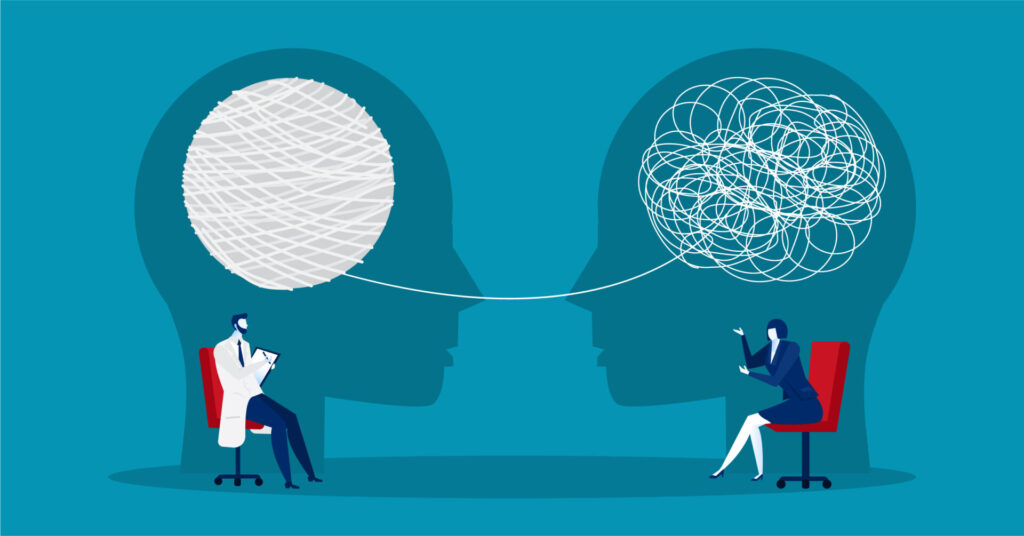Table of Contents
Introduction to Social Psychology
1.1 What is Social Psychology?
Social psychology is like being a detective of human behavior. It’s about understanding why people do what they do, how they think, feel, and behave in social situations. From the way we form impressions of others to why we conform to group norms, social psychology unravels the mysteries of human interaction.
1.2 Importance of Social Psychology
Ever wondered why you feel a certain way in a crowd or why you’re influenced by peer pressure? That’s where social psychology steps in. By studying social behavior, psychologists gain insights into decision-making, persuasion, prejudice, and more. These insights have profound implications, from designing effective advertisements to promoting social change.
Theoretical Foundations
2.1 Social Cognition
Social cognition explores how we perceive, interpret, and remember information about ourselves and others. From snap judgments to complex attributions, our minds are constantly processing social cues, shaping our attitudes and behaviors.
2.2 Social Influence
Ever felt the pressure to conform to a group or obey authority figures? That’s the power of social influence. Whether it’s peer pressure or the bystander effect, quitch.net illuminates how we’re swayed by others, for better or worse.
2.3 Social Identity
Who are we? Our social identity provides the answer. From our ethnicity to our profession, we belong to multiple social groups, each influencing our sense of self and how we relate to others. Social identity theory helps us understand the dynamics of group membership and intergroup relations.
Applications in Daily Life
3.1 Advertising and Marketing
Ever bought something just because everyone else was? That’s the magic of social influence in advertising. By tapping into social norms and social proof, marketers shape consumer behavior, from viral campaigns to influencer endorsements.
3.2 Politics and Public Policy
From propaganda to persuasion, social psychology plays a pivotal role in shaping political discourse and public opinion. Understanding voter behavior, political polarization, and social movements helps policymakers craft more effective strategies for governance and advocacy.
3.3 Relationships and Communication
Why do we like some people and not others? Social psychology delves into the intricacies of attraction, love, and communication. Whether it’s romantic relationships or workplace dynamics, insights from social psychology enhance our understanding of human connections.
Famous Experiments
4.1 Stanford Prison Experiment
Zimbardo’s notorious study revealed the dark side of authority and obedience. Participants assigned roles as guards or prisoners quickly adapted to their roles, leading to abusive behavior and psychological distress. The experiment underscored the power of situational factors in shaping behavior.
4.2 Milgram Experiment
Milgram’s obedience study shocked the world with its findings. Participants administered electric shocks to a stranger under the instruction of an authority figure, illustrating the frightening extent to which ordinary people would comply with immoral commands.
4.3 Asch Conformity Experiment
Asch’s classic experiment demonstrated the influence of group pressure on individual judgment. Participants, unaware they were part of an experiment, conformed to incorrect group responses, highlighting the human tendency to prioritize social harmony over objective reality.
Contemporary Issues
5.1 Social Media Influence
In the age of Instagram and TikTok, social media is a hotbed of social influence. From viral trends to echo chambers, platforms shape our beliefs, behaviors, and self-esteem. Understanding the psychology behind likes, shares, and comments is key to navigating the digital landscape responsibly.
5.2 Group Polarization
Online forums and social networks often exacerbate group polarization, where like-minded individuals become more extreme in their views after interacting with one another. This echo chamber effect deepens ideological divides and hampers constructive dialogue, posing challenges for social cohesion.
5.3 Prejudice and Discrimination
Despite progress, prejudice and discrimination persist in society. Social psychology sheds light on the roots of bias, from implicit stereotypes to intergroup conflict. By addressing prejudice at its psychological roots, interventions can promote empathy, diversity, and inclusion.
Conclusion
6.1 Recap of Social Psychology
From the lab to everyday life, social psychology enriches our understanding of human behavior. By illuminating the forces that shape our thoughts, feelings, and actions, it empowers us to navigate the complexities of social interaction with insight and empathy.
6.2 Future Directions
As society evolves, so too does the field of social psychology. From exploring the impact of technology on social behavior to addressing global challenges like climate change and inequality, the future holds endless opportunities for innovation and discovery.

